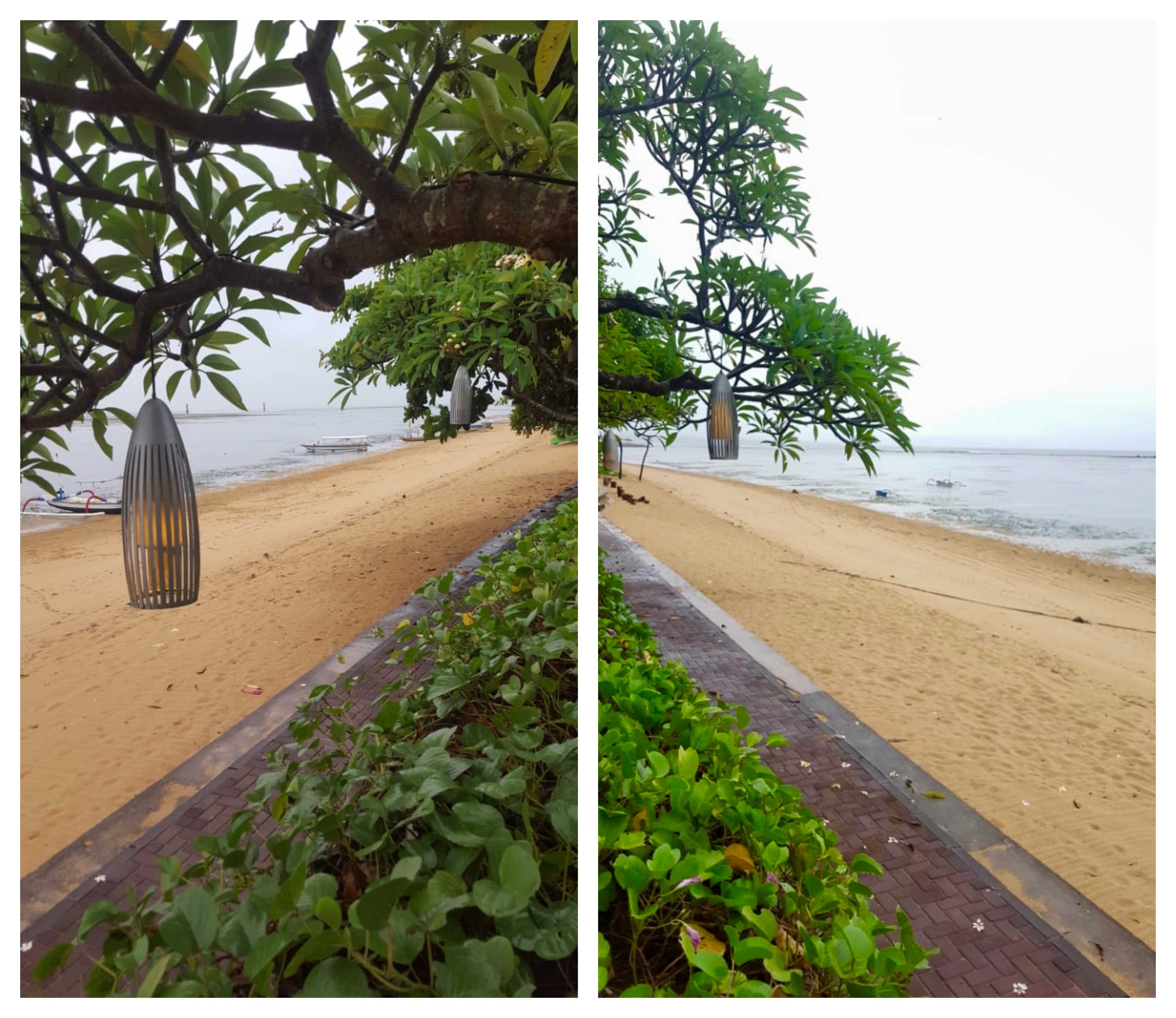Western tourists are not the only people in Bali expected to accommodate the Hindu holiday of Nyepi, which took place yesterday, marking the first day of the Balinese New Year with a full 24 hours of quiet self reflection aided by a general ban on work, lights and noise. Non-Hindu residents of the island not only accommodate the holiday’s strict bans but also contribute to their enforcement by local security, known as pecalang, who are the only souls allowed to be out and about on Nyepi in order to patrol neighborhoods in their traditional uniforms while on the look out for those violating the spirit of the day.
It’s the one day of the year when the island’s streets and beaches are eerily empty and the air unpolluted by the usual hum of construction and motorbikes. Even the international airport shuts up shop for the day.

In the west-coast village of Tuban, an area which is mainly non-Hindu, a Christian pecalang guard joined the evening rounds. Agus Andarjanus was part of the patrol along Jl. Raya Tuban, a mainly non-Hindu community that has greeted the holy day with respect and tolerance for many years now.
“The population in Tuban traditional village is mostly non-Hindu with a ratio of 1 to 4, and a population of 18,000… We want to show tolerance to all parties,” said I Wayan Mendra, a representative from the village, as quoted by Kumparan.
Although people are generally not supposed to be out and about on Nyepi, Muslims are still free to their daily prayers at their mosques. The island’s Muslim houses of worship agree to operate with minimal lighting and without sounding out the azan (call to prayer) on the Hindu holy day. However, they are still not allowed to use motorized transportation so most go to mosques within their neighborhoods.
Mendra explained his efforts to honor Nyepi was based on the Indonesian Constitution and its strong protections on freedom of worship.
“Basically, we are acting on the notion that the state guarantees worship in accordance with our beliefs, in accordance with Article 29 paragraph 2 of the 1945 Constitution. They provide great tolerance so we are also obliged to give tolerance”.
Even outside of Bali, some Indonesians joined in with the festivities of the Nyepi period. In the village of Balun, East Java, residents joined forces to craft eight ogoh-ogoh (demonic statues) made of bamboo and papier-mâché to march in the Ngrupuk Parade on the eve of Nyepi.
“This year we have 8 ogoh-ogoh, 3 of which were made by our Muslim and Christian brothers…” said Sweta Mahasuci Ngarijo, the village’s Hindu priest, as quoted by Nusa Bali on Tuesday.
Ngarijo said that it was not uncommon for residents, irrespective of their religion, to help each other with the organization of all of the village’s religious events.
Let’s hope this spirit of togetherness and tolerance continues.





Reader Interactions